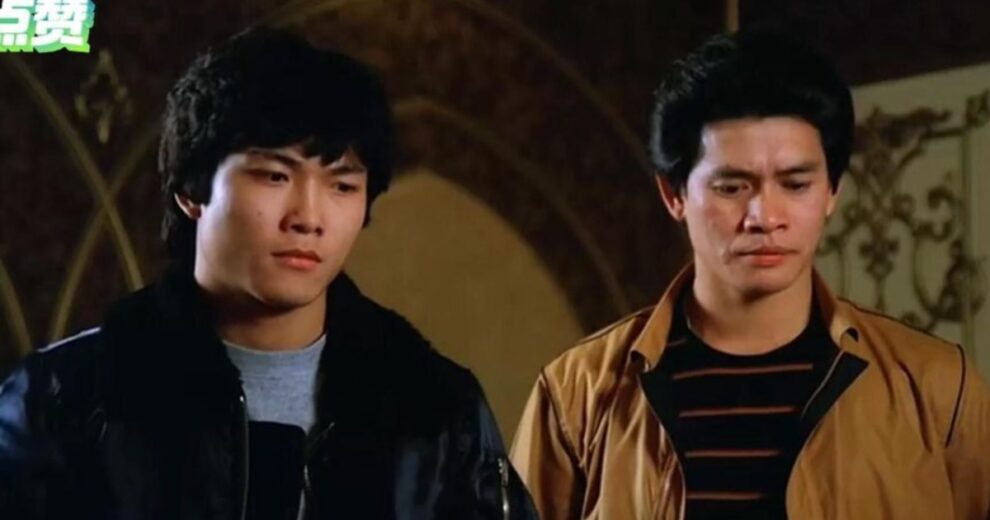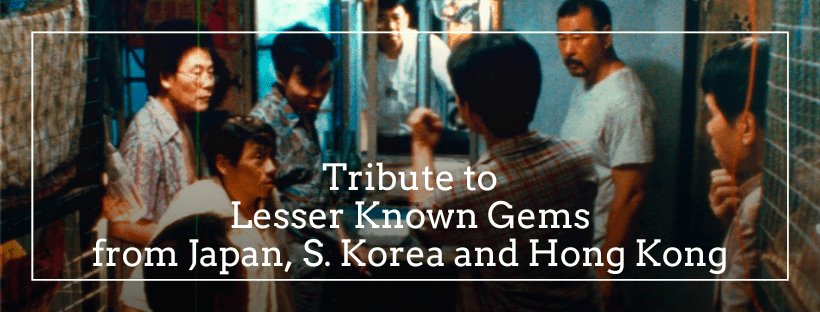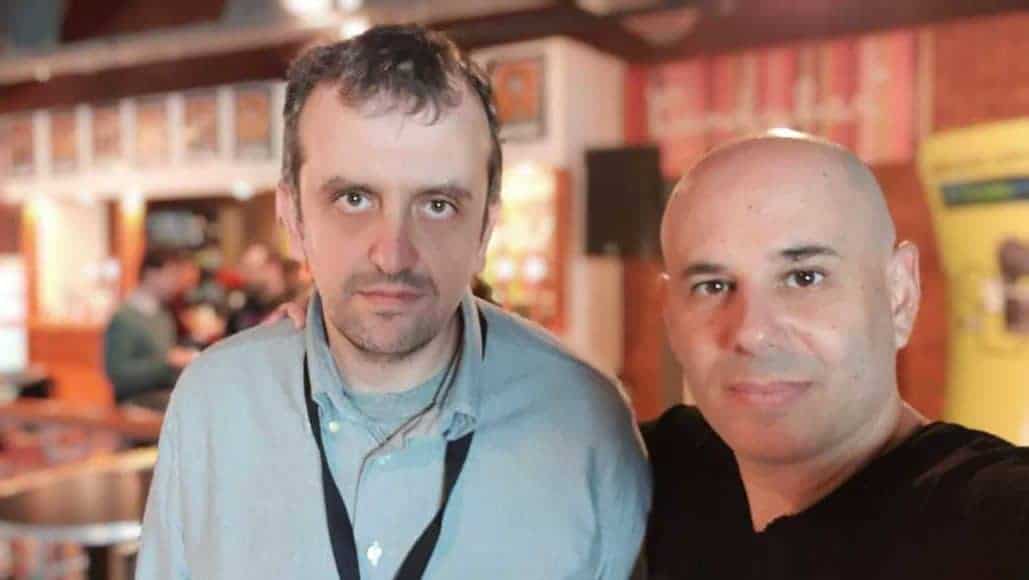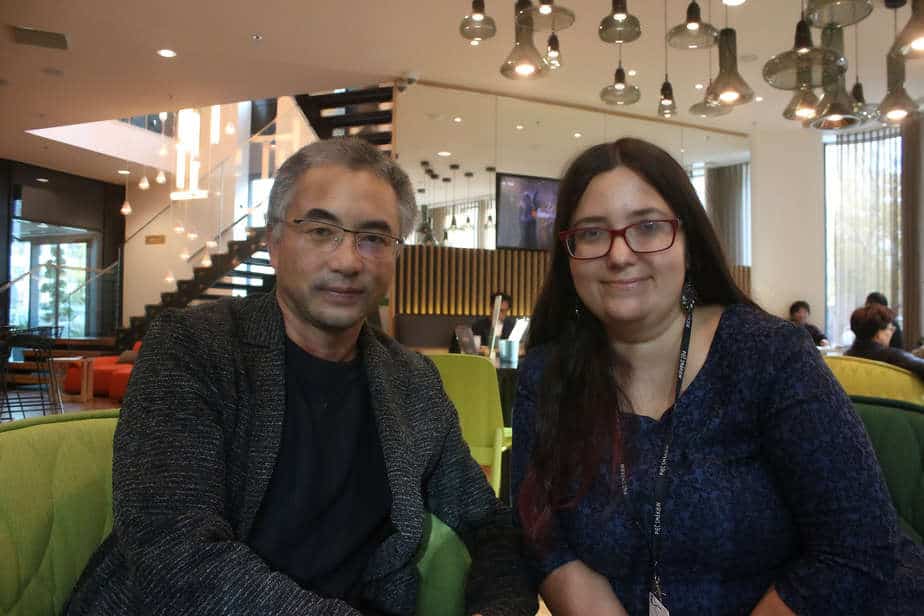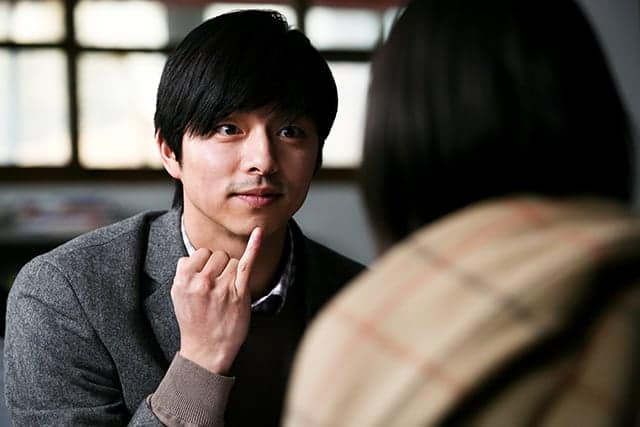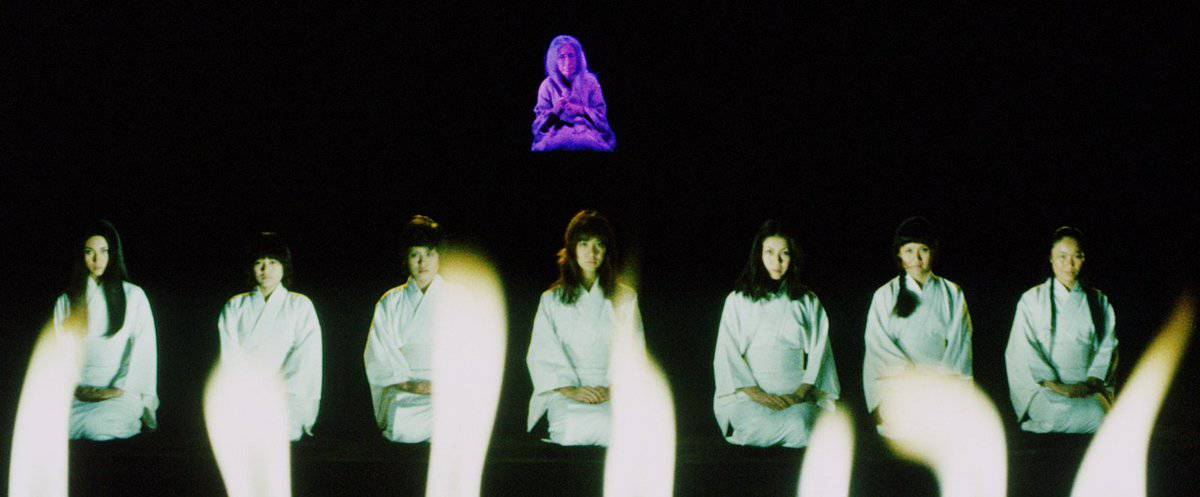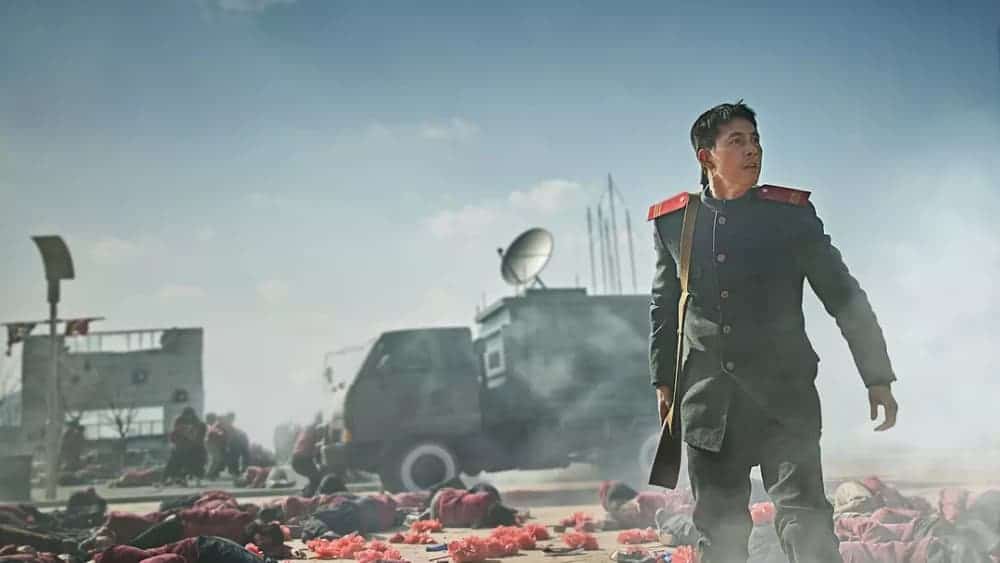In a somewhat unusual production from Shaw Brothers, at least compared with the style that made them rather successful, “Brothers of the Walled City” seems an effort to make a movie that is more realistic, additionally including melodramatic elements. Perhaps this was an effort to move towards the HK New Wave that was taking place at the time, but the result, nevertheless, was one of the most violent movies ever to be released by the studio.
Initially set in the walled city of Kowloon, the story revolves around two brothers, younger Xiao De and older Da De, sons of Chan Yuan Loong, a gambling boss whose ethics made him a well respected individual within the area. The two kids were up to shenanigans since school, with their father frequently having to admonish them, usually through violence. When he dies however, stabbed by a junkie, the two are left with his best friend, Ninth Uncle. Da De manages to find some balance, eventually becoming manager of a hostess bar.
Xiao De, on the other hand, is mixed with a crowd of schoolmates that are up to no good, playing rather dangerous pranks all the time. One of them leads them into a fight with a local thug and his gang, Brother Ching and soon the situation goes out of hand. Furthermore, his girlfriend and also a member of the group, Mei Ling, is pregnant and quite desperate on the matter. Meanwhile, a rather violent policeman, Officer Cheung is trying to keep control in the area by being even more violent than the criminals he is supposed to be after. When all of the above come together, expectedly all hell breaks loose.
Lam Ngai Kan presents a truly hellish setting, where lawlessness of every kind, drugs, and violence are behind any corner, impacting everyone who happens to inhabit the particular setting. As such, that everyone involved ends up being both perpetrators and victims forms the basis of the narrative, starting with the events of the death of the father of the two brothers, and continuing essentially with everyone we meet throughout the story. That even Cheung, who seems all powerful, also shares the same duality highlights the comment even more, which is also the main source of the melodrama that is found throughout the movie.
This combination of intense (melo) drama and non-stop violence is essentially what forms the whole movie, with both being equally present from beginning to end, and each one presented as the source of each other. Regarding the violence, Lam definitely went overboard here, with the punishment everyone receives, including children, women, and in one instance even a dog (although not exactly tortured) being quite shocking to watch, particularly since its premises are rather realistic. In that regard, the impressive choreographies by Huang Shao-Wen and Wong Ching, that show how chaotic violence can really be, and the frantic editing by Liu Ji-Cheng, Pan Min-Hua and Peng Yen-Lien result in a series of scenes that are both impressive and disturbing, in another combination that describes the film.
At the same time, one could say that there is a message here against violence, revenge, and bad (or even complete lack of) parenting, with the youths in the film looking truly lost, without any kind of guidance from nowhere, which is, actually, what eventually brings their demise. Lastly, the way the events of the beginning are tied with what happens in the end is quite impressive to watch, even if the whole story is somewhat far-fetched on its whole.
If you like Brothers from the Walled City, check also this video
Lam Choi Ngai and Tsao An-Sung's cinematography captures the claustrophobic, hellish and chaotic setting of Hong Kong with artistry and realism, with the city actually being one of the protagonists here. The fights in particular are expertly captured, even in the ones that take place in very cramped places, occasionally with many participants. Lastly, both the contextual and the cinematic part of the movie find their apogee in the dropping scene, probably the most impressive and impactful in the whole movie.
Chin Siu-ho as Xiao De, essentially the protagonist, is quite good in presenting his downward spiral, with the difference with which he treats his girlfriend and his brother, and everyone else, being the highlight of his performance. Phillip Ko as Da De is either cool or desperate, and is quite good in both instances. Johnny Wang as Officer Cheung is definitely an imposing presence, with him stealing the show with his toxic machismo. Wong Ching as Yi Ching plays the crook with gusto.
Although definitely over-the-top equally in terms of violence, story and melodrama, “Brothers of the Walled City” is definitely a very entertaining movie, which manages to combine all its elements in a way that keeps it intriguing from beginning to end.


